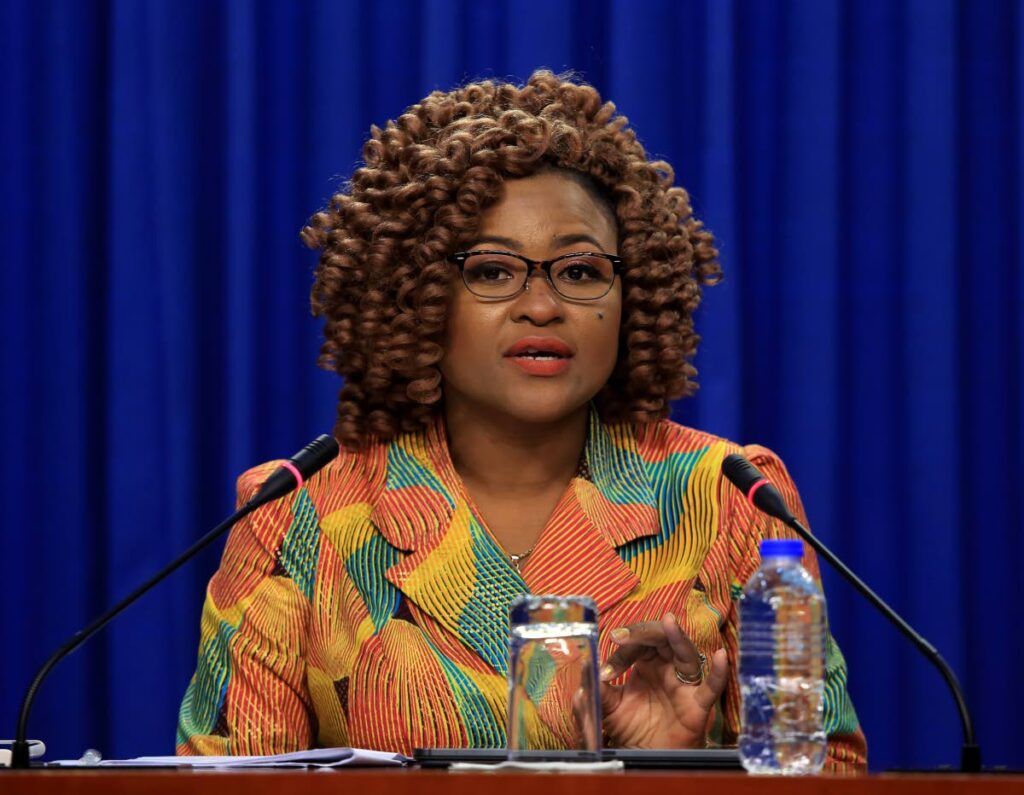Remedial classes scaled up

THE STATE’S decision to scale up its target for and extend last year’s Secondary Entrance Assessment (SEA) remedial programme brings home the deleterious impact of the pandemic on education and suggests the depth of the fallout for the education system.
Initially, the Ministry of Education targeted about 9,000 students who scored below 50 per cent in the assessment for last year’s vacation classes as that cohort of students transitioned to secondary school. In the end, about 2,700 students registered.
On Tuesday, however, the ministry announced the remedial programme would return, but will target about 10,000 students, and the ministry even hopes a total of 15,500 students will take part.
Part of the upsurge in these numbers has to do with the fact that officials now wish students in standards three and four to take part to better prepare them for what is ahead. This latter group could number as many as 5,500.
While we await the results of March’s examination, this move suggests we could be in store for another year of worrying statistics.
Many believe the large number of students who are not ready for secondary school, judged by the most rudimentary of metrics, in the form of the 50 per cent pass mark, could remain unacceptably high in years to come.
The ministry’s move, announced on Tuesday, appears to acknowledge such realities.
However, there needs to be a clear line between the requirements of younger students who have the SEA ahead of them and those in need of urgent intervention ahead of the new academic year.
Many have already noted the deleterious impact of the pandemic on education, not limited to the way class schedules were affected.
The challenges of adapting to virtual learning, the inequities which resulted in differing levels of access to basic tools of online learning, the mental impact of the pandemic – all this has been noted by stakeholders, including various denominational boards.
But the notion that only SEA students whose routine was interrupted in the early years of the pandemic required special attention was as dubious as the need for a holistic recovery programme was pressing.
The question is, when do “remedial” classes point to the need for classes to be reformulated?
Meanwhile, as Rome burns, the Teaching Service Commission, ministry and boards are engaged in legal squabbling over recruitment practices and the decades-old Concordat arrangement. There continue to be rumblings from teachers dissatisfied with security arrangements. And the cost of education continues to weigh on the minds of parents.
Amid all of this, greater attention clearly needs to be paid by parents and stakeholders to what is happening, or not happening, in the classroom.

Comments
"Remedial classes scaled up"